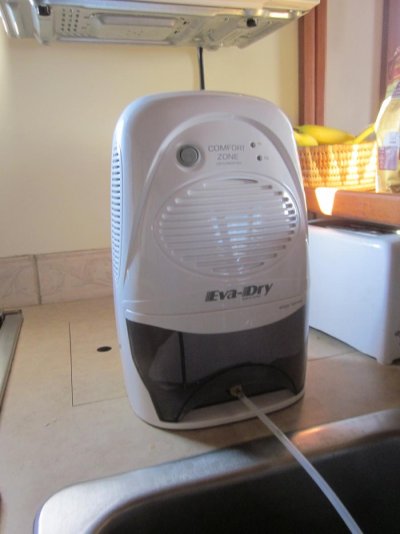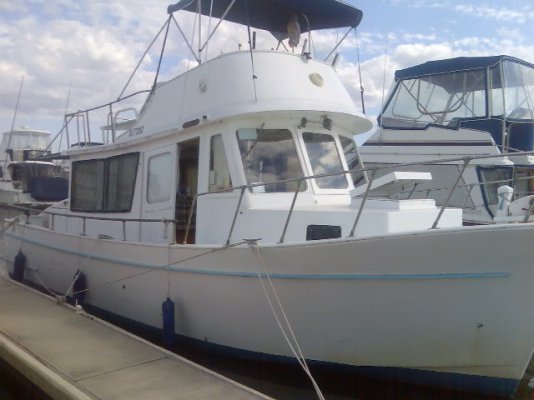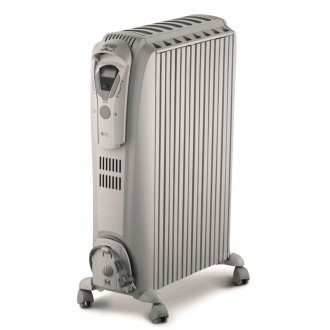I just purchased a 42 ft trawler that I will be living on in Southern Ca (Oxnard). I noticed that the previous owner has number of different "bags" and small plastic containers holding moisture absorbing chemicals of some sort. What is the best way to control the humidity on the water?
Also, I have a "non-stainless" 9mm pistol and a 12 ga shotgun that I will store on the boat. Is there a good way to store these firearms so they don't corrode from the salt air?
Also, I have a "non-stainless" 9mm pistol and a 12 ga shotgun that I will store on the boat. Is there a good way to store these firearms so they don't corrode from the salt air?







